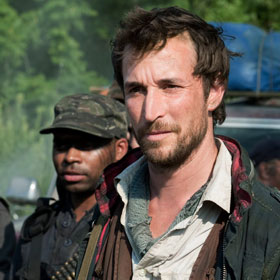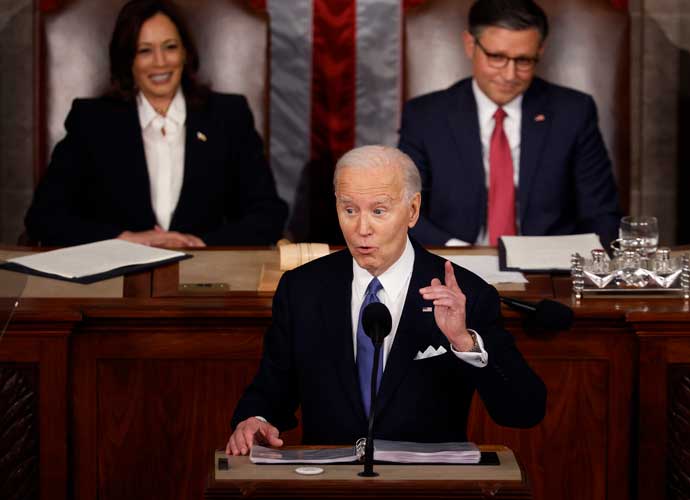Falling Skies – Season One

3/5
As far as on-screen science fiction goes, few endorsements carry more weight than that of Steven Spielberg. Celebrated for established genre classics the likes of E.T. and Close Encounters… Spielberg's name is synonymous with story, wonder, and craftsmanship. But those hoping that this alien invasion saga offers a blistering, all-action affair something akin to 'War of the Worlds: The Series' will have to dial down their expectations some. This one looks like a slow burn.
While the series might be reaching for the stars, it's feet remained firmly tethered to the anchor of a meager budget put up by an unfashionable network best known as the home of a great many second and third tier procedurals (The Closer, Saving Grace, Leverage). The last time the network fronted a big-name backed drama – Jerry Bruckheimer's Dark Blue – the show lasted just a single season.
That Falling Skies has already been picked up for a second season indicates that the network thinks it can finally smell a winner. To be fair, they've got every right to be confident considering the pedigree of those involved. Showrunner Robert Rodat knows a thing or two about harrowing conflict, having penned the scripts for both Saving Private Ryan and The Patriot. Producer Graham Yost worked with Spielberg on The Pacific, while Mark Verheiden worked on Battlestar Galactica. Melinda Hsu Taylor has Lost on her resume.
Set in a beleaguered, post-invasion US the series follows the determined resistance efforts of the self-proclaimed Second Massachusetts (one of the many nods towards the Revolutionary War), a ragtag militia of desperate survivors attempting to organize a guerilla-led revolution against their newly arrived extraterrestrial overlords. Outnumber and outgunned, the group’s efforts focus on rescuing humanity’s children, the majority of whom have been turned into zombified slave labor by the aliens for purposes which are as yet unclear.
Thematically the show borrows heavily from Rodat’s own CV, cannibalizing many of the elements he has written about previously. Once more the hero is an everyman schoolteacher – American history this time. Once more his leadership skills and a desire to protect what is left of his family force him to wear the uniform of a soldier with obvious discomfort. In the background a damaging conflict between the military (dubbed “fighters”) and the civilians (who the fighters insultingly refer to as “eaters”) given face by Will Patton’s hardnosed commander and Moon Bloodgood’s sympathetic pediatrician.
While the effects are incredibly convincing for network television, and the producers have done an commendable job transforming Toronto into a bleak and desolate Autumnal New England, it’s the characters that populate it that are holding the show back. Lacking the budget to go balls-to-the-wall action for forty-five minutes each week much rests on the interpersonal conflict of our not-so-merry band of survivors.
Not that any of them are actively repellant, they just lack any substantial shading or genuine depth with which we can engage. Will Patton hints at unresolved conflict from his past, but is always bleating on about the greater good. Moon Bloodgood is seemingly programmed to instinctively empathize with whoever lacks power in any given situation. Noah Whyle is always banging on about his missing son, Ben, and appears to be under the impression that embodying the 'everyman' means that he should exhibit no discernable personality of his own.
Given that a standard season for an original program on the TNT network amounts to a meager ten episodes, we should really be expecting some acceleration in the plot by this point – at least some clue as to why the aliens are here and what they are doing? So far, we're still stuck in first gear.
RELATED ARTICLES
Get the most-revealing celebrity conversations with the uInterview podcast!



![Noah Wyle Reveals Whether 'Falling Skies' Made Him Believe In Aliens [EXCLUSIVE]](/blank.gif)



Leave a comment